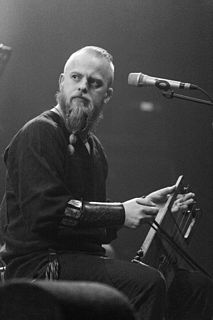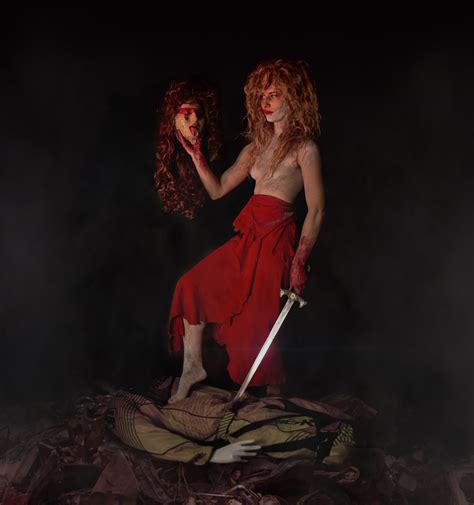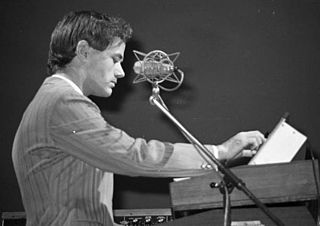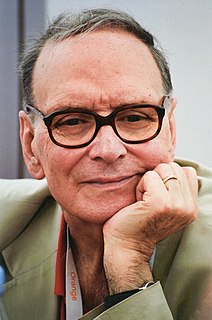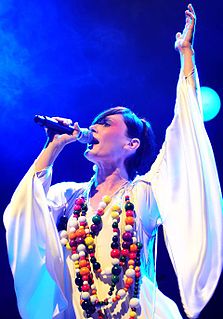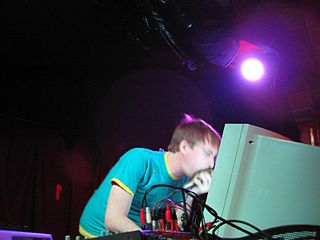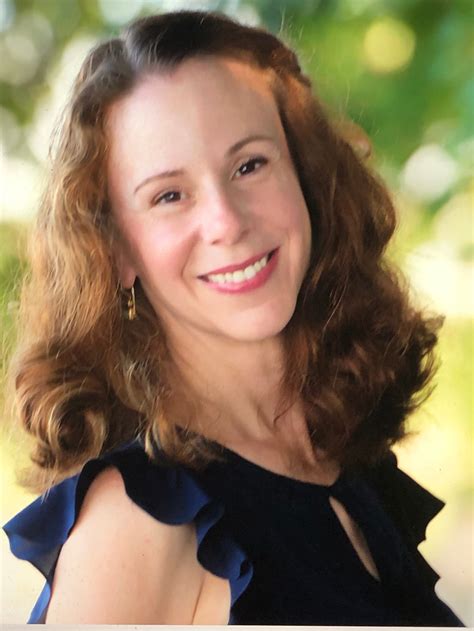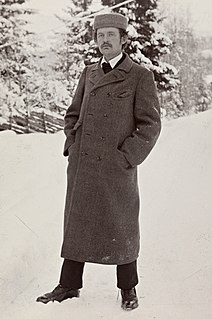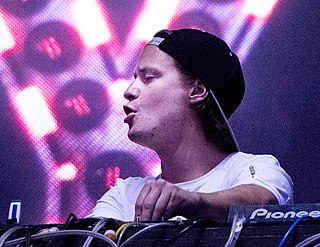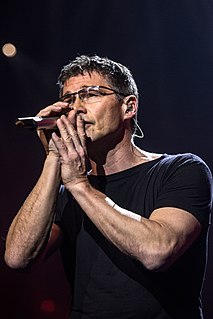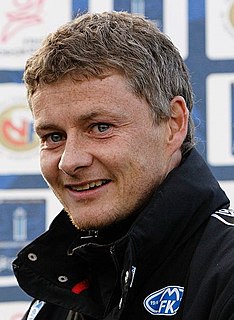A Quote by Einar Selvik
In regards to live shows, space is very important to me. Space and context should complement the music in some way; you gain so much from it. It enhances the dialogue between audience and performer. I'm very much aware of this when choosing venues. I say no to 90% of booking offers. Somehow I feel the venue needs to make sense.
Related Quotes
What I love most about playing in front of people has something to do with a certain kind of energy exchange. The attention and appreciation of my audience feeds back into my playing. It really seems as if there is a true and equal give and take between performer and listener, making me aware of how much I depend on my audience. And since the audience is different every night, the music being played will differ too. Every space I performed in has its own magic and spirit.
When we moved to Florida we experienced it on a communal level, in a more structured religious setting, with temples and different worships. That sense of community is very much interconnected with music for us, and thinking of music as this living organism that offers a space of mystical participation with forces outside yourself.
It's something that's difficult to explain but I think all writers work this way to some extent, whether we're aware of it or not. For me, writing has little to do with thinking. I don't want to control the narrative. I listen to the rhythm of the words and dialogue and try to give the characters the space in which to say and do what they want without intervening too much.
In music, what is very important is temporality of space and length, based on the breathing space the director gives the music within the film, by separating the music from various elements of reality, like noises, dialogues... That's how you treat music properly, but it doesn't always happen this way. Music is often blamed, but it's not its fault.
For me space rock is something that takes you out of yourself and out of your normal realm. And if space happens to be that inner space or outer space it's a very personal thing. I think that mantra is space music. I think that Native American tribal drumming is space music. Anything that allows you to go inward to go outward and to move within a space that is not normal to your reality.
I was really sick of bands just ignoring the audience as a posture in rock music. And I think we fed off each other in terms of trying to engage the audience, not in a hammy way, but actually trying to be aware of the space that you are playing in and trying to connect in some way through the music.
Everybody has their own approach to songwriting. When you're an electronic musician, the whole writing process just depends. Some people have a very live way of writing electronic music, very improvisational. They set up a lot of gear and do live takes. I'm concerned with having a specific kind of sound. There's not one second that I haven't put thought into. I put almost as much time into my live shows as I do into writing music, but they're two completely different processes. Some people think the way I perform live is how I write songs, which isn't true at all.
I only ever really follow the music, that's what I'm about, I don't think about it too much. I just wanted to make a piece to sleep through, to sort of explore that sleeping space as a listening space and to have a different encounters between our listening minds or hearing minds and music. I think that's really interesting. After that I feel I've done my job.
But in order to survive in this foreign world, I had to teach myself that love was very much like a painting. The negative space between people was just as important as the positive space we occupy. The air between our resting bodies, and the breath in our conversations, were all like the white of the canvas, and the rest our relationship- the laughter and the memories- were the brushstroke applied over time.
